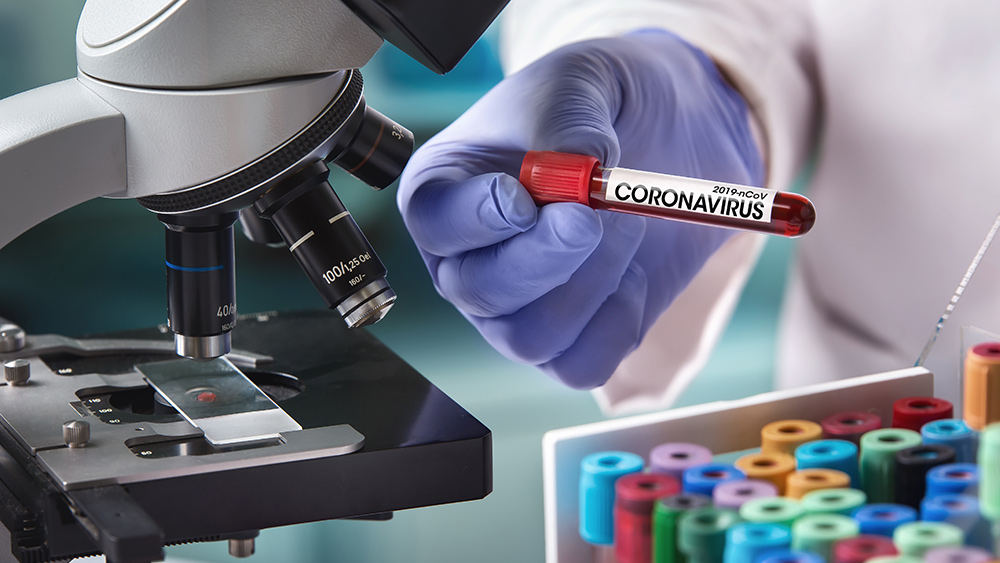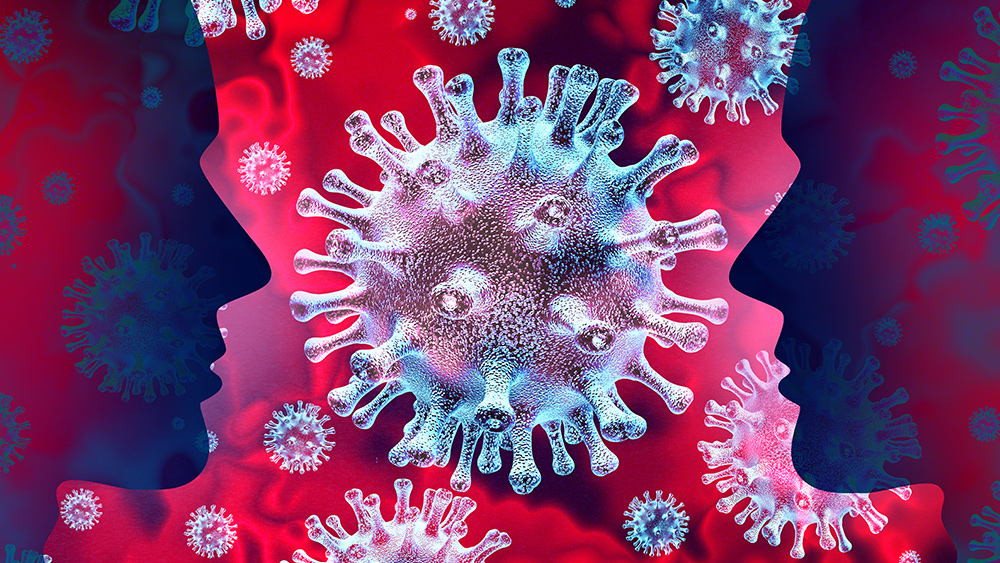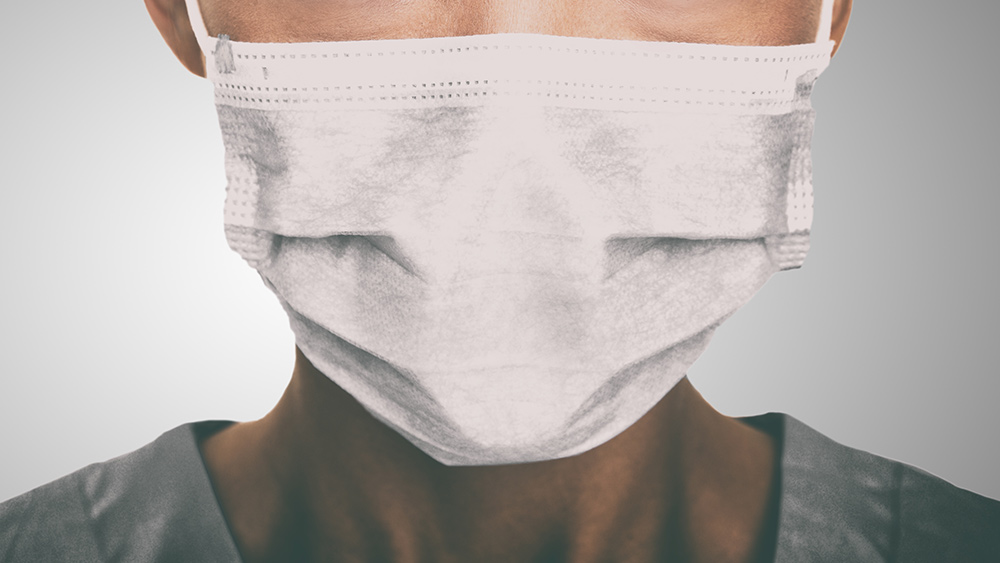Edible seaweed is packed with iodine for improved thyroid health
01/03/2020 / By Evangelyn Rodriguez

Seaweed is a type of alga that grows in the sea. Not only is it a food source for some forms of marine life, it also serves as a source of nutrition for humans. Seaweed is known for containing high amounts of iodine, an essential mineral used by the body to produce thyroid hormones. These hormones, in turn, help control metabolism and bone and brain development during pregnancy and infancy.
In a new study published in the Journal of Medicinal Food, researchers from Denmark and Greenland investigated the iodine content and dietary impact of edible seaweed. They found that two species of seaweed common in the Arctic, namely Chondrus crispus (Irish moss) and Ascophyllum nodosum (knotted wrack), are excellent sources of iodine and can help people in that region meet their dietary iodine requirements.
Seaweed as a source of iodine for Arctic people
Dietary iodine is important for the maintenance of human health. Besides being a requirement for important bodily functions, it is an established fact that people with either low or high iodine intake are at great risk of developing diseases.
Seaweed is naturally rich in iodine and is a common component of Asian and Arctic cuisines. But while the impact of seaweed intake is well-studied in Asian populations, its effect on the health of Arctic people has not been explored.
To address this, the researchers first measured the iodine content of dietary seaweeds from East Greenland. They then gave eight individuals 45 grams of seaweed to ingest and analyzed their urine samples to determine iodine absorption and the dietary impact of seaweed consumption.
The researchers also collected samples from Inuits living on Ammassalik, an island in southeastern Greenland. Adults aged 50 to 69 reported the frequency of their seaweed intake and provided spot urine samples for iodine measurement.
The researchers reported that C. crispus and A. nodosum contained 47 and 102 milligrams (mg) of iodine per gram, respectively. Within two days, an estimated 1.1 and 1.9 mg of the 2.1 and 4.6 mg of iodine ingested by the participants were excreted by them in their urine.
Two in three Inuits reported eating seaweed, and 41 percent (109 of 268) reported eating seaweed weekly. Their seaweed intake was associated with their iodine excretion.
Based on these results, the researchers concluded that the iodine content of edible seaweeds in the Arctic is very high and bioavailable. However, while seaweed intake allows Arctic people to meet their dietary iodine requirements, marked variation in their iodine excretion calls for evaluation of the impact of seaweed intake on their thyroid function.
Why is iodine important?
People need to get enough iodine from their diet to be able to make sufficient amounts of thyroid hormones. These hormones help regulate heart rate, blood pressure, body temperature, and even body weight. Being deficient in iodine not only causes the enlargement of the thyroid gland — a condition known as goiter — it also negatively impacts brain performance in adults. Iodine deficiency can even delay brain and mental development in infants and children, resulting in them having lower-than-average IQ.
Excessive iodine intake also causes health problems. Too much iodine causes goiter, inflammation of the thyroid gland, and even thyroid cancer. Although this type of cancer is uncommon in the U.S. and can be treated, health experts are seeing an increase in the number of thyroid cancer cases. Besides affecting thyroid function, too much iodine can also cause diarrhea, nausea and vomiting, stomach pain, fever, and even coma.
To avoid these problems, make sure to get only the right amount of iodine from food. Adults only need 150 micrograms (mcg) of iodine per day (220 mcg for pregnant women) and can get it from food sources such as fish, dairy products, fruits and vegetables, and iodized salt.
Sources include:
Tagged Under: brain function, brain health, diet, food cures, food is medicine, food science, functional food, iodine, natural cures, natural medicine, nutrients, prevention, research, seaweed, TCM, thyroid function, thyroid health



















